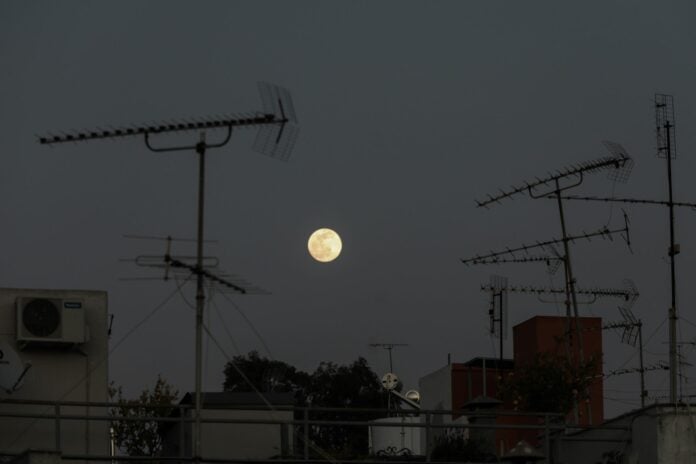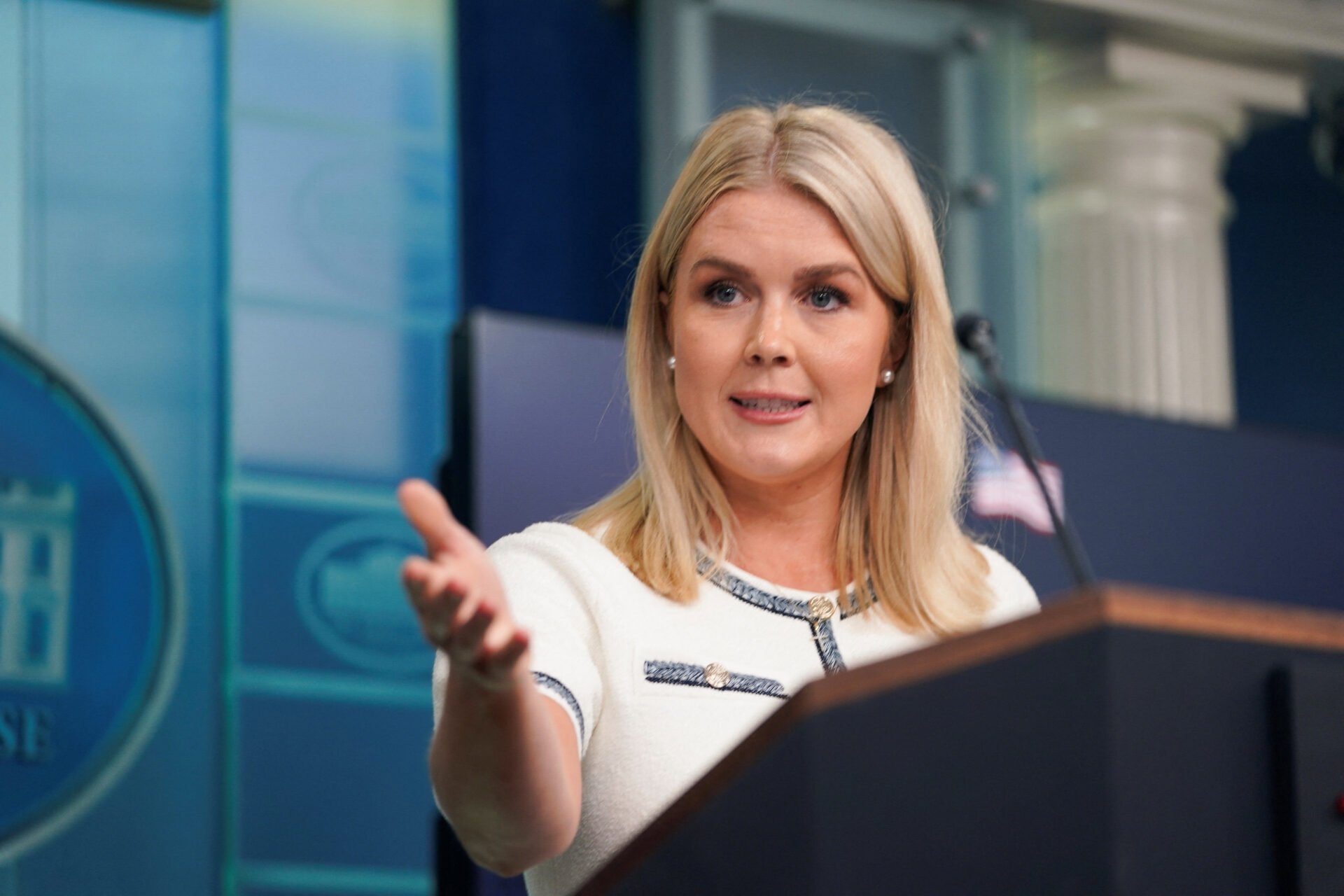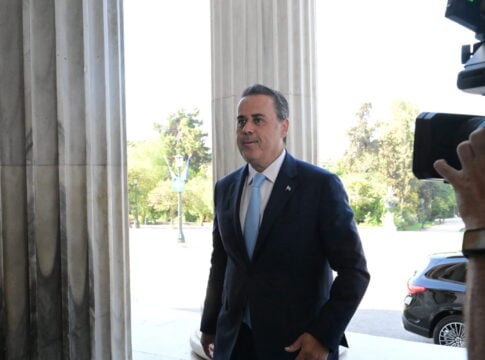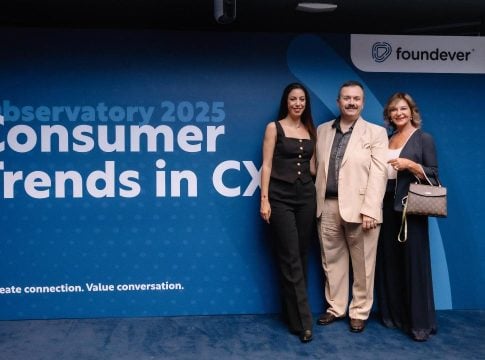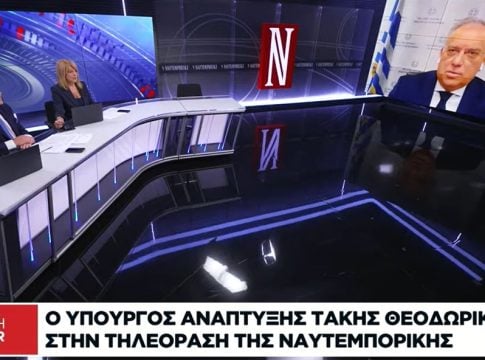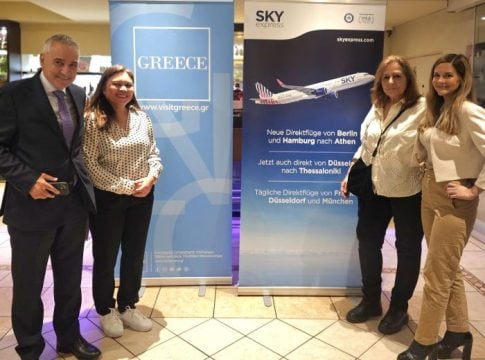The HellenicTelecommunications and Post Commission (EETT) will proceed with the re-allocation of the 900 MHz and 1,200 MHz spectrum to mobile telephony providers in the coming period.
The process will begin with a public consultation, in order to determine whether the demand for this specific spectrum exceeds the available capacity. Cosmote, Vodafone and Nova had paid a total of 380.534 million in 2011 for the spectrum that is now being re-allocated, with the licenses expiring in 2027.
The interest focuses on whether the process will be limited to securing revenue for the state treasury or whether priority will be given to the development of the networks and the investments that accompany it. The question is not theoretical: Europe is lagging behind its 2030 targets, both in terms of 5G and fibre deployment, as well as connection speeds and coverage, compared to the United States and Asia. The investment gap to achieve these targets is estimated at around 200 billion euros, according to the findings of the Draghi report.
The criteria, namely the reserve prices — which will be set by EETT, in consultation with the government — the duration of the rights, the payment method, the coverage obligations and the incentives for faster network development will play a crucial role.
In Greece, the most recent spectrum award — the one for 5G in 2020 — has been recognized by the EU and internationally as particularly effective. This process led to 5G network coverage above the European average, even in remote rural areas. This is attributed to the choices adopted at the time, such as making all spectrum bands available for 5G available in the same auction, reasonable starting prices, non-commitment of spectrum for new entrants and the possibility of repayment in several annual installments, with an advance payment of only 30% of the cost.
The aim of the upcoming EETT consultation is to determine whether there is interest that exceeds the available spectrum — either from new players, such as PPC, which has entered the telecommunications market (although there are currently no relevant indications that it will enter this process), or from existing providers who may seek a larger share of spectrum.
If there are no new interested parties and the three providers do not claim additional spectrum beyond what they already hold, no auction will be held and the allocation will be made at the starting price. Otherwise, an auction will be announced. According to sources, the consultation will provide for a binding call for expressions of interest as a first step.


